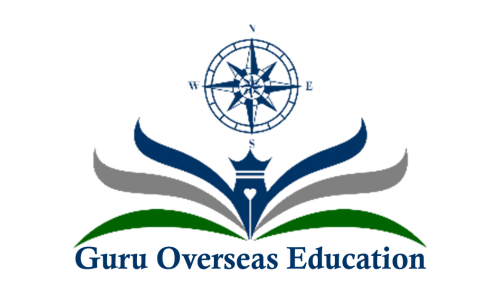Australia, both a country and a continent, is encircled by the Indian and Pacific Oceans. Its major metropolitan areas—Sydney, Brisbane, Melbourne, Perth, and Adelaide—are situated along the coast, while its capital, Canberra, lies inland. Renowned for landmarks such as the Sydney Opera House and the Great Barrier Reef, Australia also features the expansive desert wilderness of the Outback and distinctive wildlife, including kangaroos and the duck-billed platypus.
Reasons to Study in Australia
Studying in Australia offers a unique blend of academic excellence and cultural diversity, providing students with an enriching and globally recognized education experience.
Home to world-class universities and leading research institutions, Australia boasts state-of-the-art facilities, innovative teaching approaches, and qualifications that are highly valued worldwide.
Beyond academics, the country’s breathtaking landscapes—from pristine beaches to vast deserts—offer endless opportunities for adventure and exploration.
With a welcoming and inclusive society, vibrant cities, and a high quality of life, Australia fosters personal growth and a dynamic student experience.
An Australian education also opens doors to global career opportunities, equipping students with the skills and networks needed to succeed in an increasingly interconnected world.
6M+
International Students
89%
Employability Rate
43
Universities
1000+
Scholarships
4 Years
Work Visa
90%
Visa Approval Rate
An Overview of Australia’s Comprehensive Education System
Australia’s education system combines world-class academic programs with a practical, industry-relevant approach. Known for its innovation and strong research culture, it provides students with globally recognized qualifications. With a focus on diversity and inclusivity, Australian institutions offer a supportive environment for international students, fostering both academic and personal growth.
1. Undergraduate Degrees
Bachelor’s programs typically take 3–4 years to complete, offering a combination of foundational knowledge and specialized expertise.
2. Postgraduate Degrees
Master’s programs generally last 1–2 years, focusing on advanced theoretical knowledge, research, and practical application in various disciplines.
3. Doctoral Degrees
PhD programs span 3–4 years and emphasize independent research, innovation, and scholarly contributions to global knowledge.
4. International Accreditation
Australian universities and institutions are widely recognized and accredited, ensuring that qualifications are globally valid and respected.
TOP UNIVERSITIES
Tuition fees in Australia vary by field and level of study, with medical fields costing approximately AUD 55,000–70,000 per year and paramedical fields ranging from AUD 30,000–40,000. Bachelor’s degrees typically cost between AUD 20,000–45,000 annually, while master’s degrees range from AUD 22,000–50,000. For Ph.D. programs, tuition fees are generally lower, averaging AUD 18,000–42,000 per year, depending on the university and specialization.
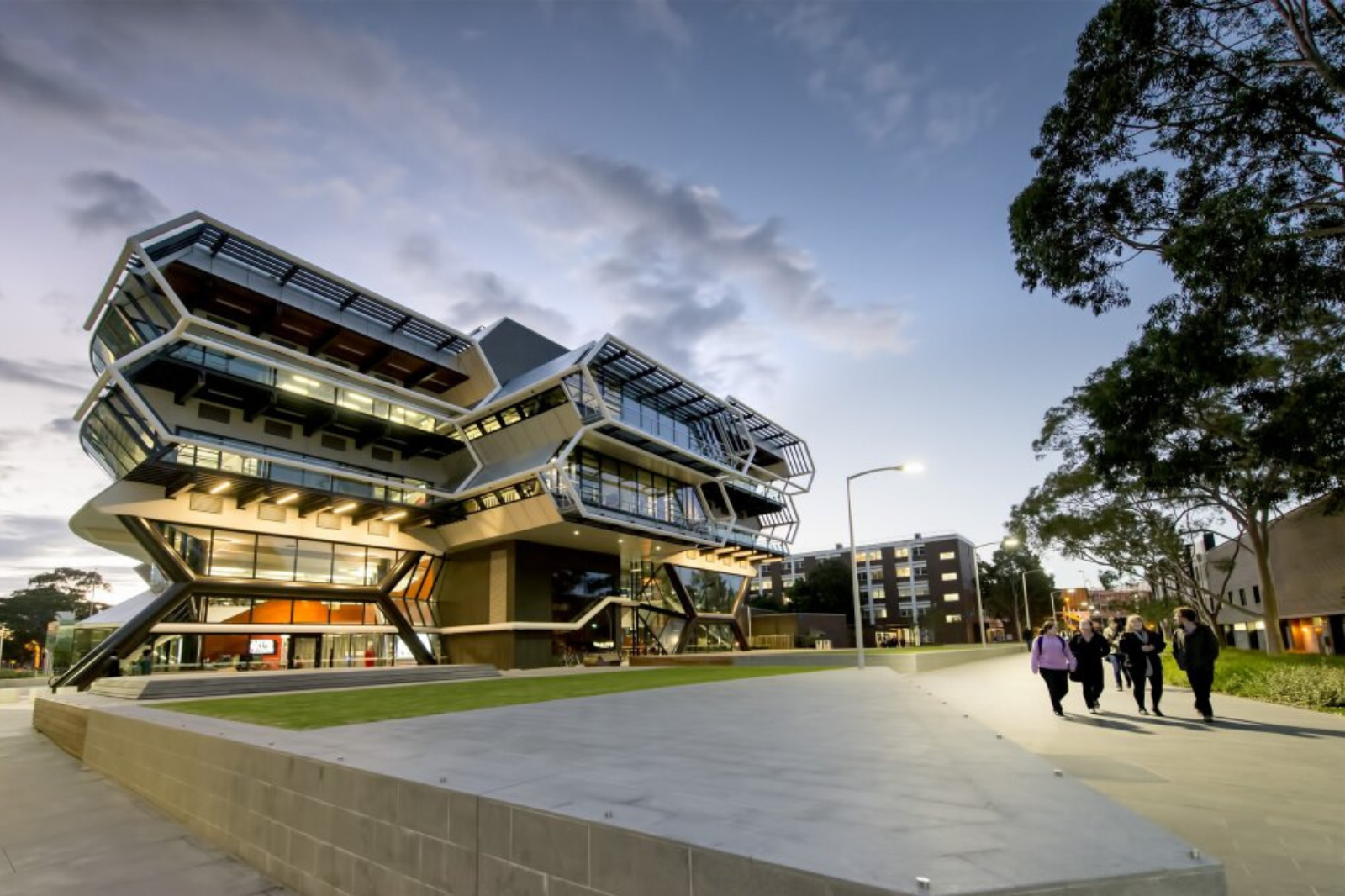
Monash University

University of Technology Sydney
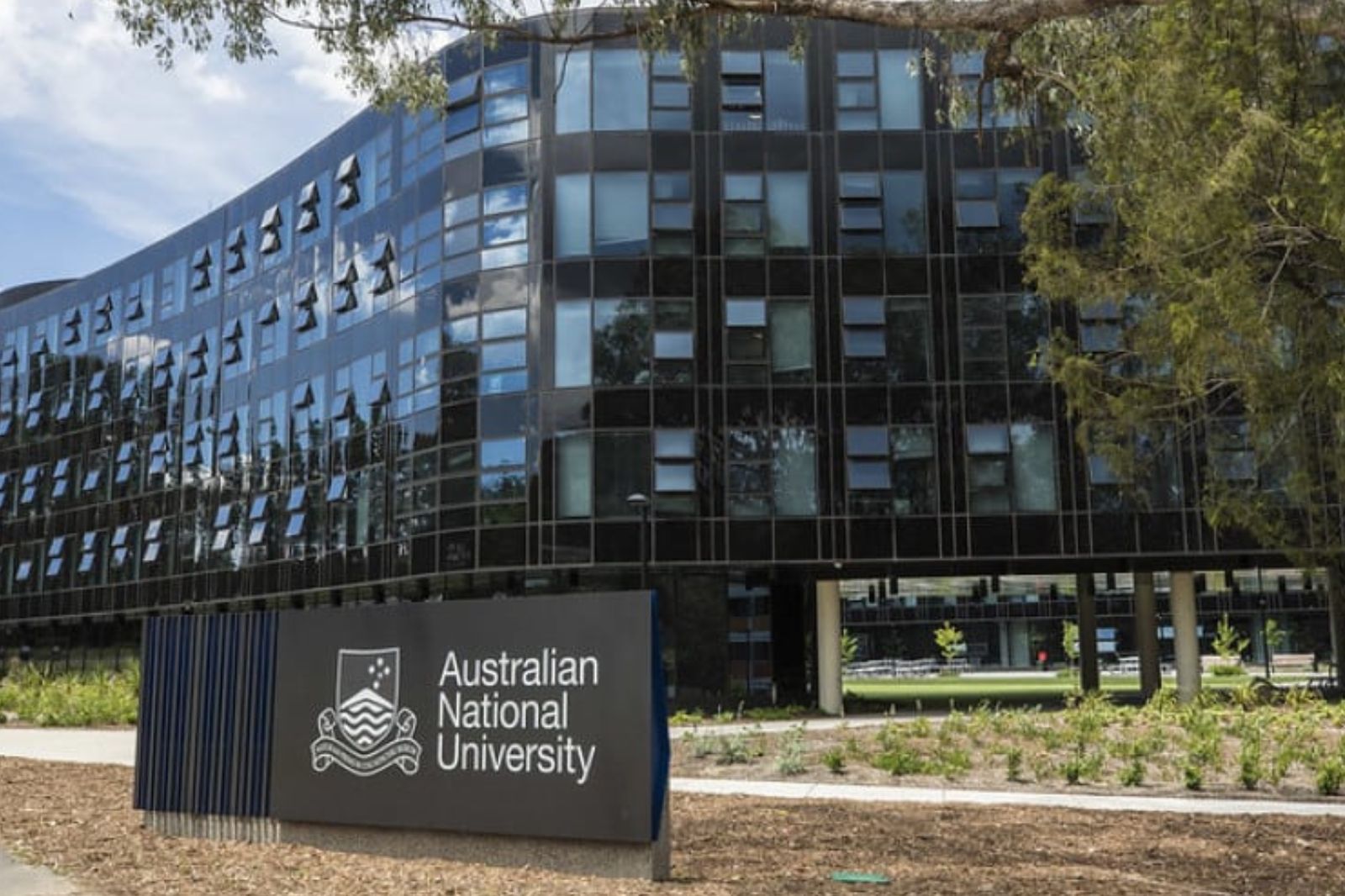
Australian National University
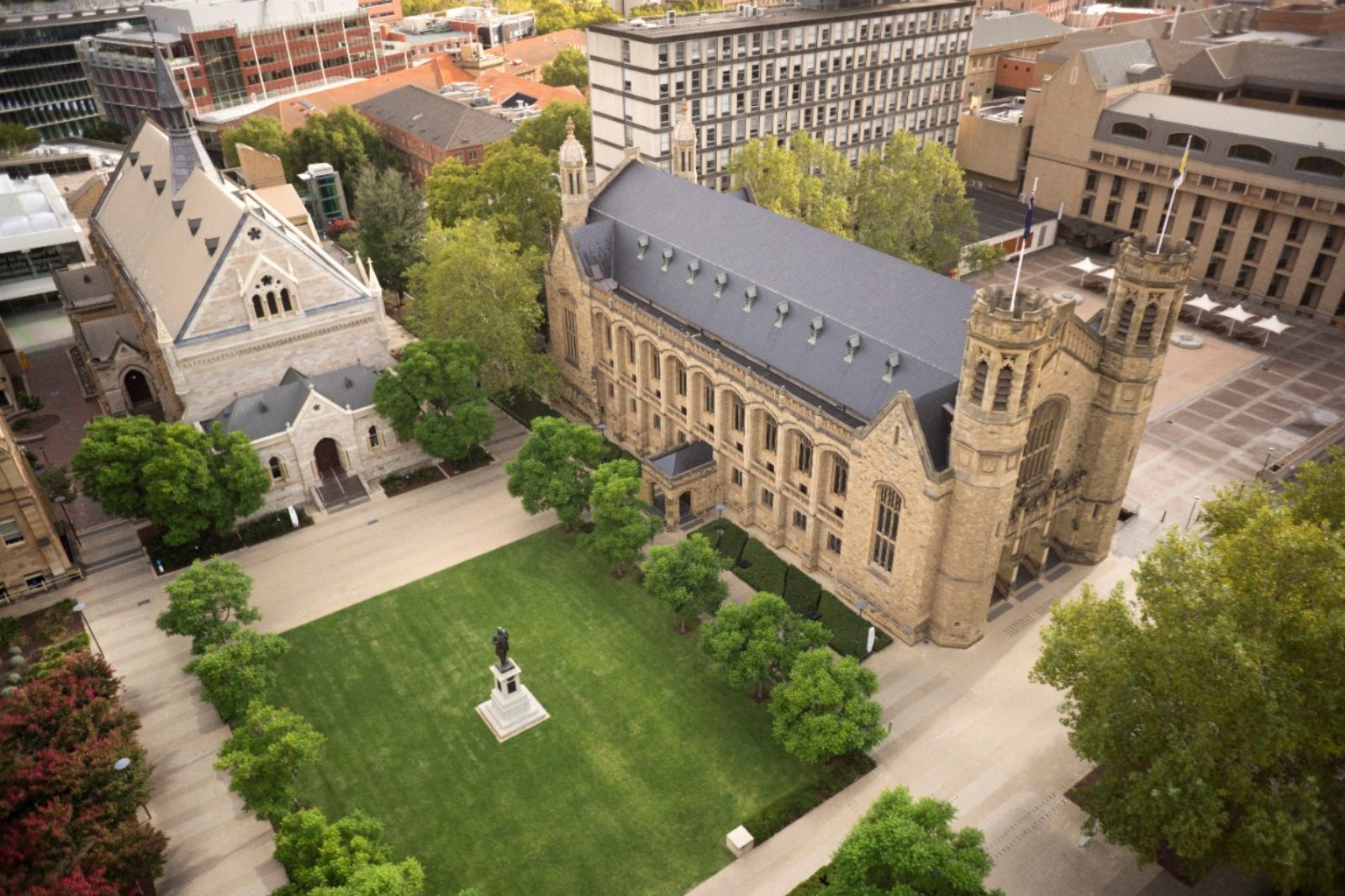
University of Adelaide

University of Western Australia
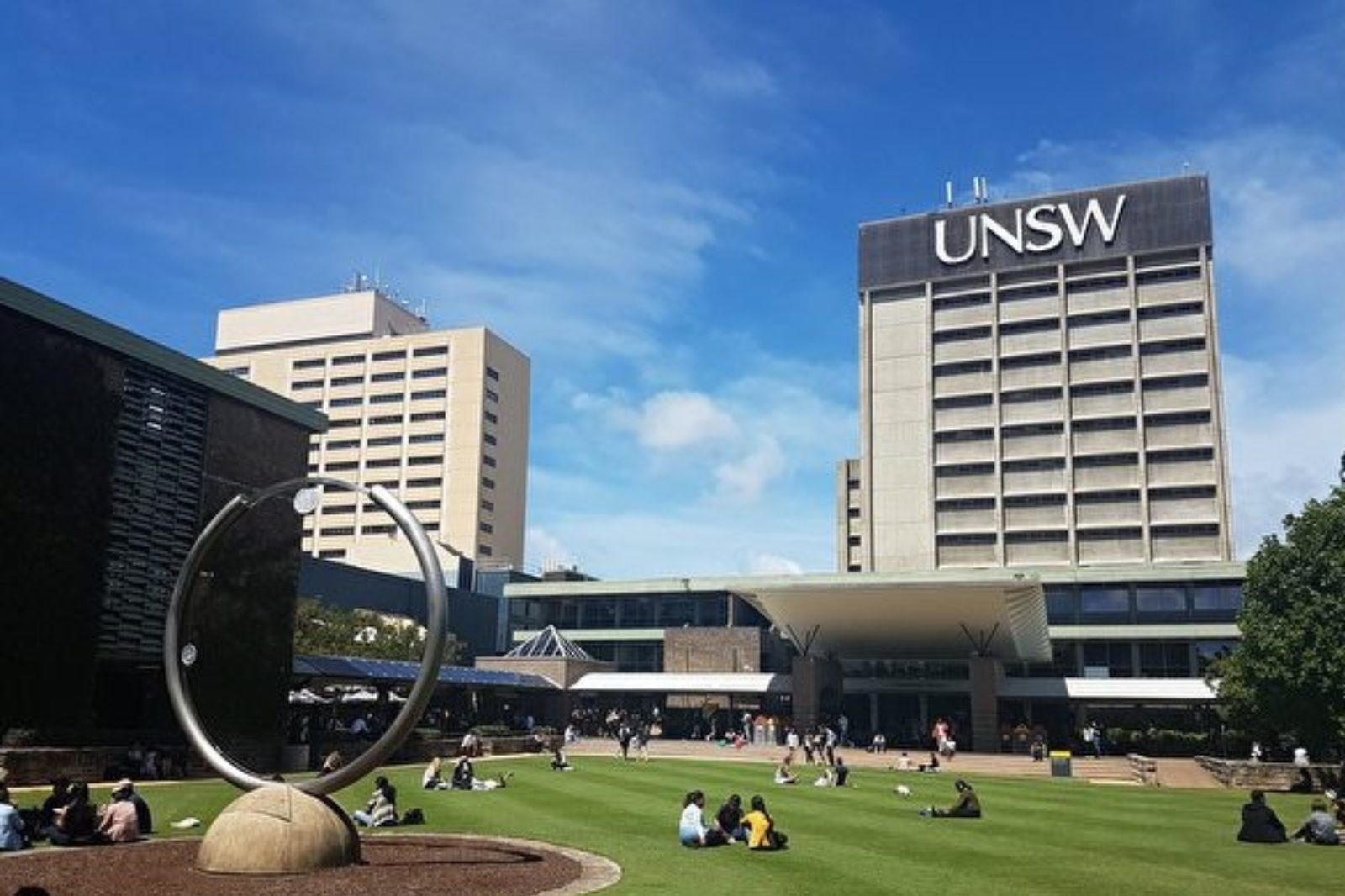
University of New South Wales
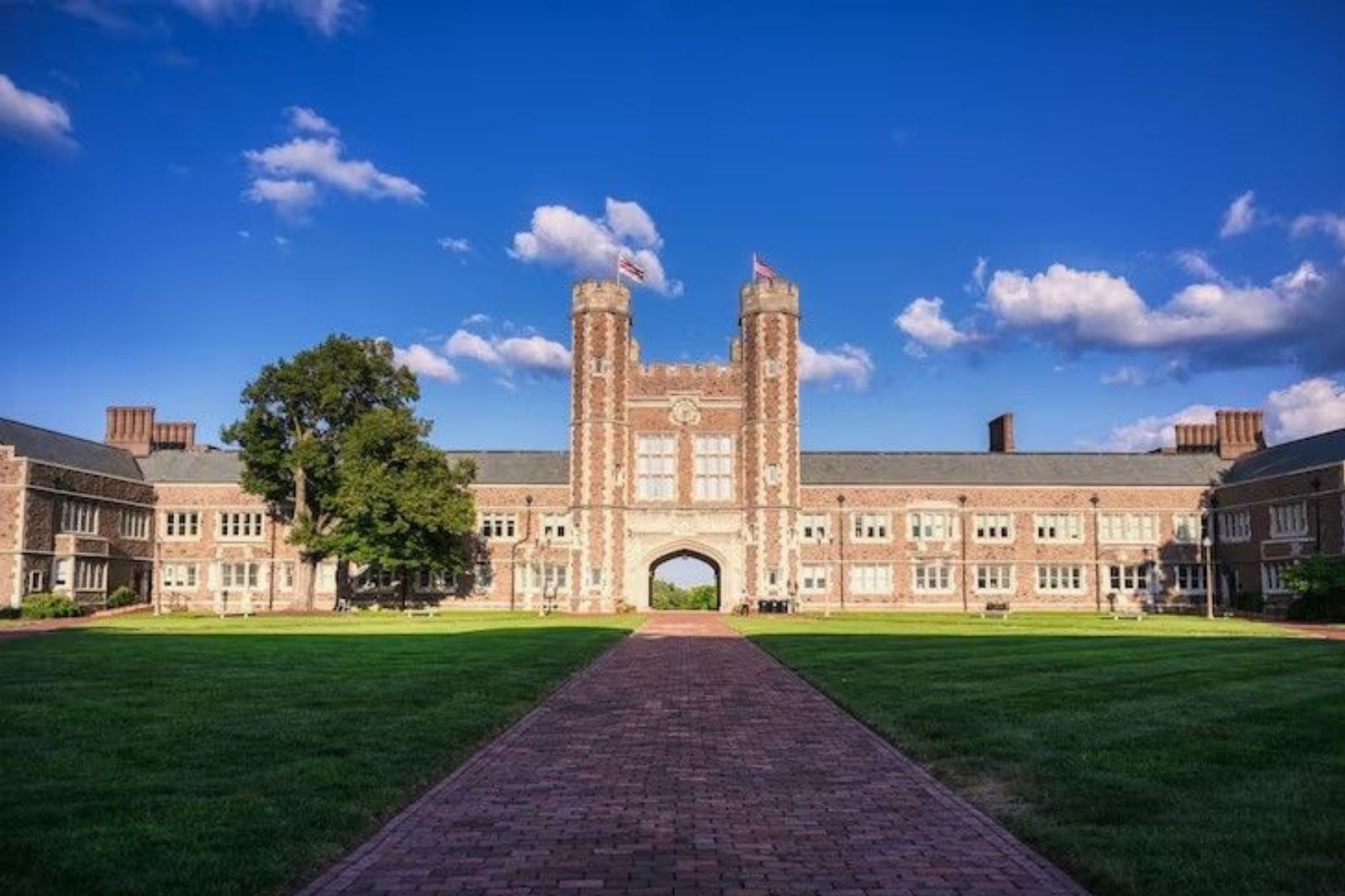
University of Queensland
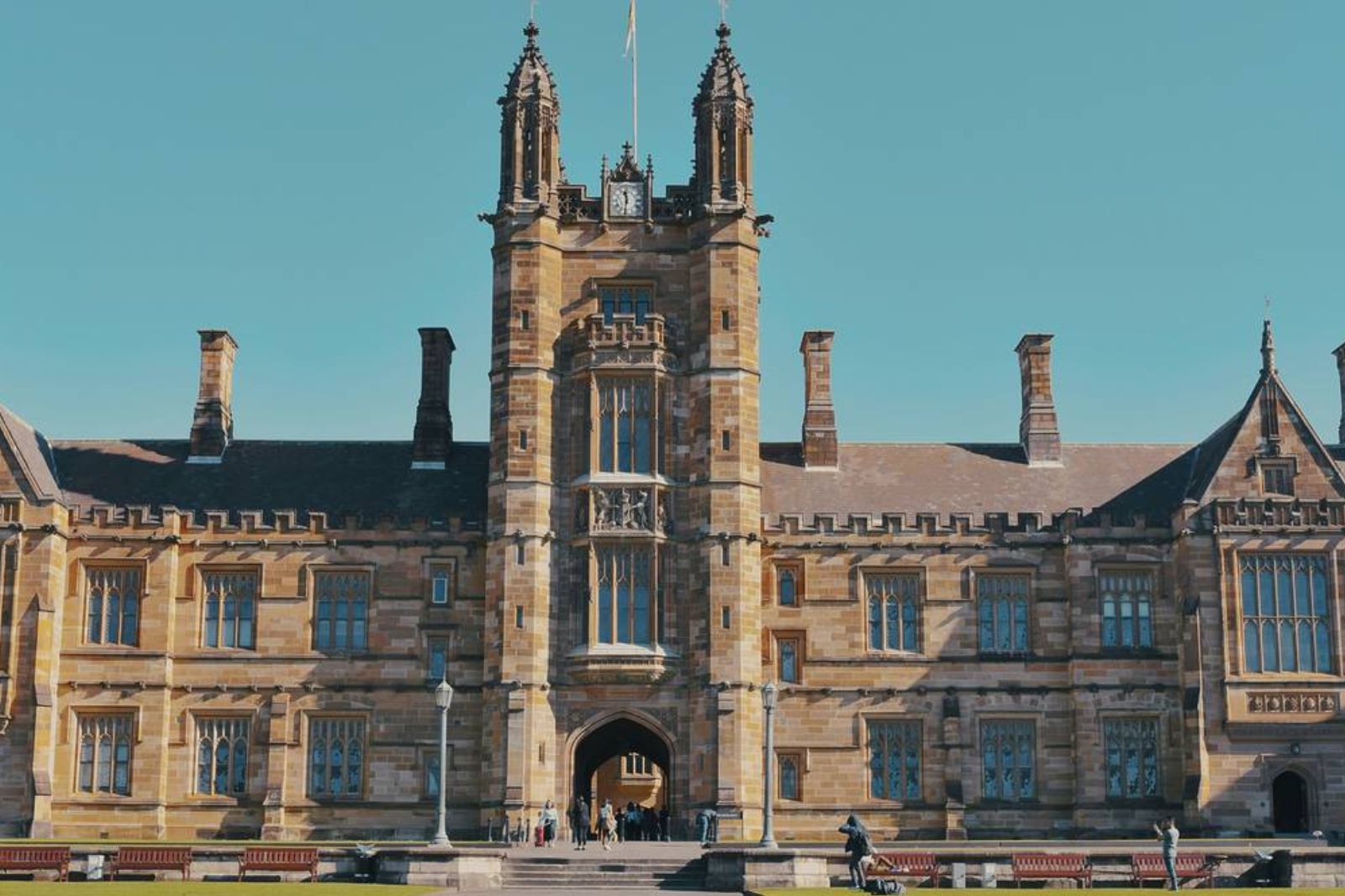
University of Sydney
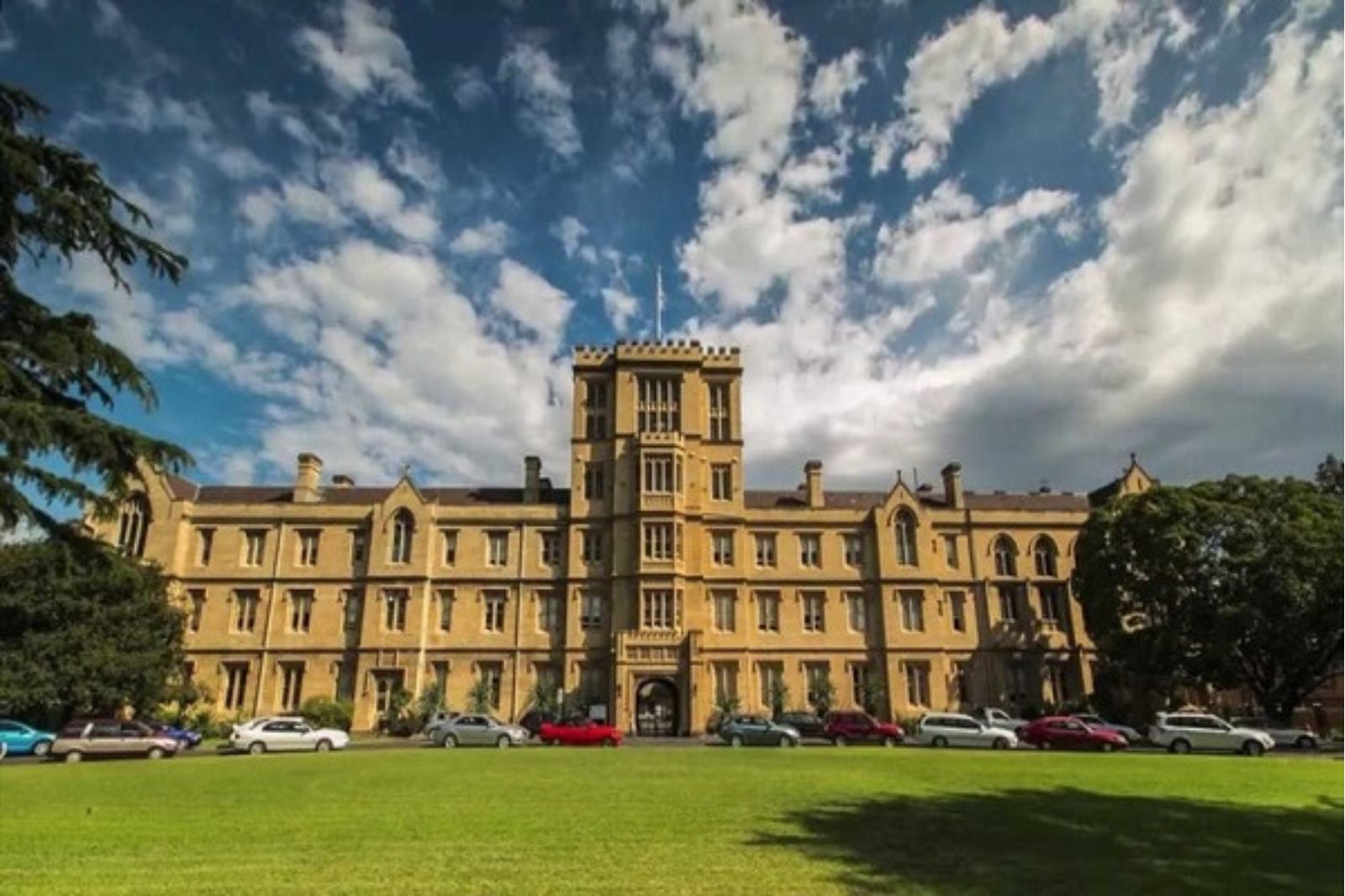
University of Melbourne
Study in Australian Universities
These programs are designed to equip students with practical skills, theoretical knowledge, and global perspectives.
Business Management
Covers fields like accounting, marketing, and entrepreneurship, preparing students for roles in global business environments.
Engineering and Technology
Offers specializations such as civil, electrical, and software engineering, focusing on innovation and real-world applications.
Health and Medicine
Includes nursing, public health, and medicine, providing top-notch facilities for clinical training and research.
Arts and Humanities
Encompasses history, literature, and creative arts, fostering critical thinking and cultural understanding.
Social Sciences
Explores psychology, sociology, and political science, addressing societal challenges and global issues.
Information Technology
Focuses on data science, AI, and cybersecurity, equipping students for careers in the tech-driven economy.
Natural Sciences
Covers biology, physics, and environmental sciences, emphasizing research and problem-solving in scientific fields.
Law and Legal Studies
Specializes in corporate, international, and human rights law, preparing students for diverse legal careers.
Education and Teaching
Focuses on early childhood, primary, and secondary education, training future educators.
Agriculture and Environmental Sciences
Addresses sustainable farming, forestry, and climate challenges, blending theory and practice.
Architecture and Design
Offers urban planning, interior design, and architecture, fostering creativity and technical expertise.
Media and Communication
Includes journalism, PR, and digital media, preparing students for dynamic communication roles.
Cultural and Social Life
For Tanzanian students, Australia offers a vibrant cultural and social life with its diverse population, welcoming communities, and dynamic lifestyle.International students can enjoy multicultural festivals, cuisines, and social events while engaging with people from around the world.
Universities often host cultural exchange programs, student clubs, and activities that help Tanzanians adapt and connect with others.With Australia’s love for sports, outdoor activities, and relaxed environment, students can easily balance academics with a fulfilling social experience.
Estimated Monthly Living Expenses
For international students from Tanzania, the estimated monthly living cost in Australia ranges from AUD 1,400 to AUD 2,500, depending on the city and lifestyle. Major cities like Sydney and Melbourne are more expensive, while smaller cities or regional areas tend to be more affordable.
$ 700+
Accomodation
$ 400+
Food and Groceries
$ 150
Transport
$ 200+
Utilities
$ 30+
Student Health Cover
$ 280+
Other Expenses

Frequently Asked Questions
To study abroad, you typically need a valid passport, academic transcripts, an admission letter, proof of English proficiency (e.g., IELTS, TOEFL), and financial evidence to support tuition and living expenses.
Guru Overseas Education guides students through the entire study abroad process, including university selection, application submission, visa assistance, and pre-departure preparations for their chosen destination.
Yes, many universities abroad offer scholarships based on merit or financial need. Guru Overseas Education provides guidance on finding and applying for these opportunities. Additionally, we offer short-term financial support options to assist students in covering initial expenses.
Yes, international students are generally allowed to work part-time, usually up to 20 hours per week during academic terms and full-time during breaks, depending on the regulations of the country where they are studying.

Get Best Universities and Colleges
Guru Overseas Education is your trusted gateway to international education, empowering Tanzanian students to explore world-class learning opportunities, broaden their horizons, and transform their future through professional guidance and comprehensive support across 20+ global destinations.

